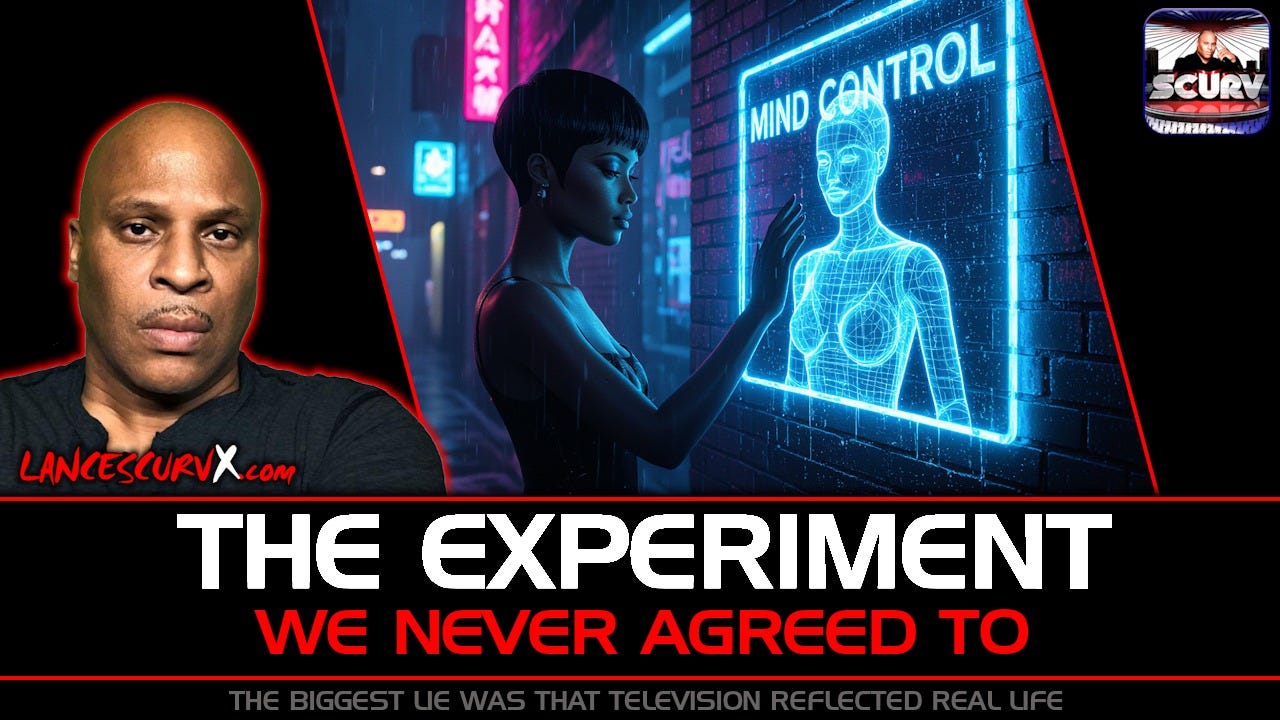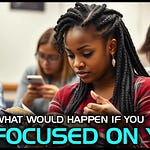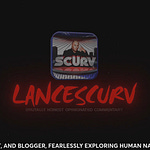There was an experiment that no one signed up for, but everyone joined. It began quietly, not in a lab, not with scientists in white coats, and not with any warning. It started with a glowing box placed in the center of every living room. It didn’t ask for permission. It didn’t have to. It came disguised as rest, as comfort, as a harmless break after a long day. We thought we were watching it, but the truth is far more unsettling — something far deeper was watching us.
There were no test tubes, no clipboards, no machines humming in the background. There was only light. Light that danced across the screen, color that flashed in rhythms your mind couldn’t ignore, and sounds designed to pull your attention before you even understood the trick. You believed you were choosing to relax. You believed you were in control. But while your eyes stayed locked on the screen, something behind the curtain was studying you.
And it wasn’t studying your face. It was studying your mind. Every laugh track, every dramatic pause, every sudden twist was designed like a probe, measuring how your emotions moved. Television learned the speed of your attention. It learned what made you upset, what made you curious, what made you silent. It learned how to keep you there — still, calm, unguarded — while it slipped ideas into your mind like whispers in the dark.
The biggest lie was the idea that television reflected real life. It never did. It was never created to mirror reality. It was built to shape it. To guide you into a version of the world that felt more dramatic, more simple, more addictive than the one outside your front door. While governments called it progress and corporations praised innovation, what was really unfolding was a long, slow hypnosis — a mass anesthesia dressed up as entertainment.
For decades, the screen sat in our homes like a quiet guest, but its influence was anything but quiet. Generations grew up with it, staring into its glow endlessly, believing it was harmless, believing it was culture, believing it was freedom. But what if the first thing it stole from us was the freedom to even question what it was doing?
THE MIND UNDER THE GLOW
The moment you press “on,” something in your brain shifts. It seems small — just light and color — but it sends you into what scientists call an alpha state. It’s the same state your brain enters right before sleep. Your guard drops. Your judgment slows. Your critical thinking fades into the background. And into that soft, open mental space, the messages walk in without resistance.
You don’t fight them because you’re relaxed. You don’t question them because the screen has already quieted the part of your mind built to question. It doesn’t matter if it’s the news, a sitcom, a drama, or a reality show. All of it works on the same principle: keep you watching, keep you feeling, keep you reacting — but never truly thinking.
The real trick is that it convinces you that you are choosing what to watch. But long before you ever pick up the remote, the networks already know what makes you stay. They know what will excite you, calm you, anger you, distract you, or divide you. They’re not just producing shows. They’re producing emotional states. They’re shaping how people feel and how people react, and that influence sinks deeper than most realize.
And this is where it hits the Black community the hardest. For decades, the television screen didn’t just show images — it built identities. It built stereotypes. It built entire beliefs about who we are, how we act, how we love, how we struggle, how we survive. It created a loop that ran for generations. While our community fought real battles outside, television was feeding the world — and sometimes feeding us — a script about Black life that was narrow, shallow, and often damaging.
Every laugh track that mocked us.
Every storyline that flattened us.
Every role that limited us.
Every tragedy that defined us.
Every stereotype that followed us from the screen into the world.
Television didn’t just influence entertainment. It influenced self-image. It shaped how we saw ourselves, how others saw us, and how whole generations of young Black minds understood their place in a world that was already designed to limit them.
THE PRICE WE PAID WITHOUT KNOWING
Over time, we became spectators instead of participants. Instead of building our own images, we consumed the ones handed to us. Instead of telling our own stories, we repeated the ones the screen fed us. Instead of shaping our culture, we absorbed the culture that was engineered for us. Television became a teacher, a mirror, a judge, and a voice — even when it was wrong.
And the cruel part is that the moment someone noticed the trap, the viewers themselves defended it. “It’s just entertainment,” they said. But that was part of the programming, too. The most effective form of control is the kind you enjoy. The kind you don’t question. The kind that feels harmless until you step back and wonder why you see the world the way you do.
Decade after decade, the screen didn’t just show life — it replaced it. It replaced curiosity with distraction. It replaced community with isolation. It replaced growth with comfort. And instead of gathering around each other, we gathered around the glow of a device that taught us how to feel without ever teaching us how to think.
That glow didn’t only influence our homes. It shaped our culture, our politics, our dreams, and our fears. It shaped the way we loved, the way we judged each other, and the way we measured success. For the Black community, this influence cut even deeper, because the world outside the screen was already difficult — and the world inside the screen told us we were less than what we truly are.
MY FINAL THOUGHTS
We are now living inside an experiment that started long before we were born. An experiment we never agreed to, but one we were raised inside. And the more technology grows, the more the screen becomes the center of life — first television, then smartphones, then social media. The experiment didn’t end. It evolved.
Social media took what television started and pushed it into overdrive. Now the hypnosis is portable. Constant. Personal. The algorithms don’t just study our emotions — they predict them. They don’t just shape our attention — they own it. And the same patterns that once shaped our community through TV now shape it through every swipe, every scroll, every viral trend.
But this time, the stakes are higher, because we’re not just watching the screen — we’re living inside it. Our culture is shaped in real time. Our young people are raised on digital illusions so powerful that reality feels boring compared to the never-ending feed. And the same old stereotypes that once lived on TV now multiply on platforms built for speed, shock, and emotional reaction.
Yet there is still something powerful left in us. Something older than television, older than social media, older than every experiment designed to weaken our minds. It’s the inner fire — the urge to question, to resist, to think, to rise. That fire dimmed under the glow of the screen, but it never died.
So now the question is simple: Will we continue sleepwalking inside this experiment, or will we finally wake up and name it for what it is? The power to break the spell is not in the screen — it’s in us. And once we reclaim our minds, our stories, and our vision, the experiment ends. Because the moment we choose truth over illusion, the glow loses its power, and we take back everything it tried to claim.













